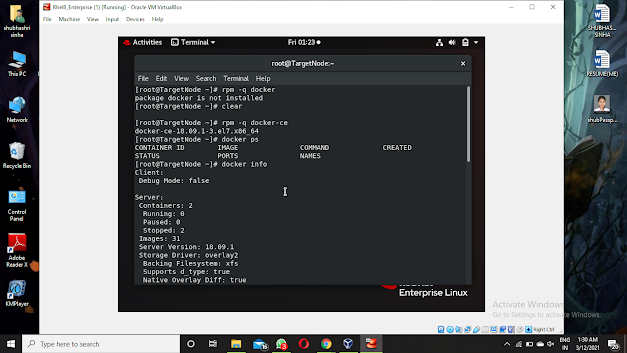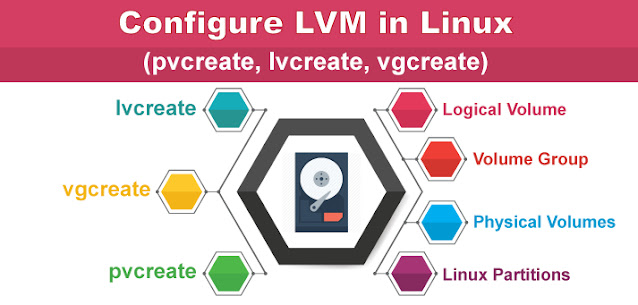OpenShift

What is OpenShift? OpenShift is an open source hybrid cloud application Platform as a Service (PaaS) developed by Red Hat . Red Hat also offers a version of OpenShift for private clouds called OpenShift Enterprise . At its core, OpenShift is an open-source tool that leverages the Kubernetes platform to manage Docker containers for consistent: Workload management Self-monitoring Centralized policy provisioning With OpenShift, developers can deploy containerized applications in an Integrated Development Environment (IDE), while employing Kubernetes to manage them. OpenShift uses Red Hat Enterprise Linux (RHEL) and its SELinux (Security-Enhanced Linux) subsystem as its foundation. OpenShift supports multiple languages for ease of development, including Java, PHP, Python, Ruby, Perl and Node.js. Advantages : OpenShift is available both as: A commercial product (OpenShift Container Platform) Public cloud (OpenShift Online and OpenShift Dedicated) The OpenShift C



